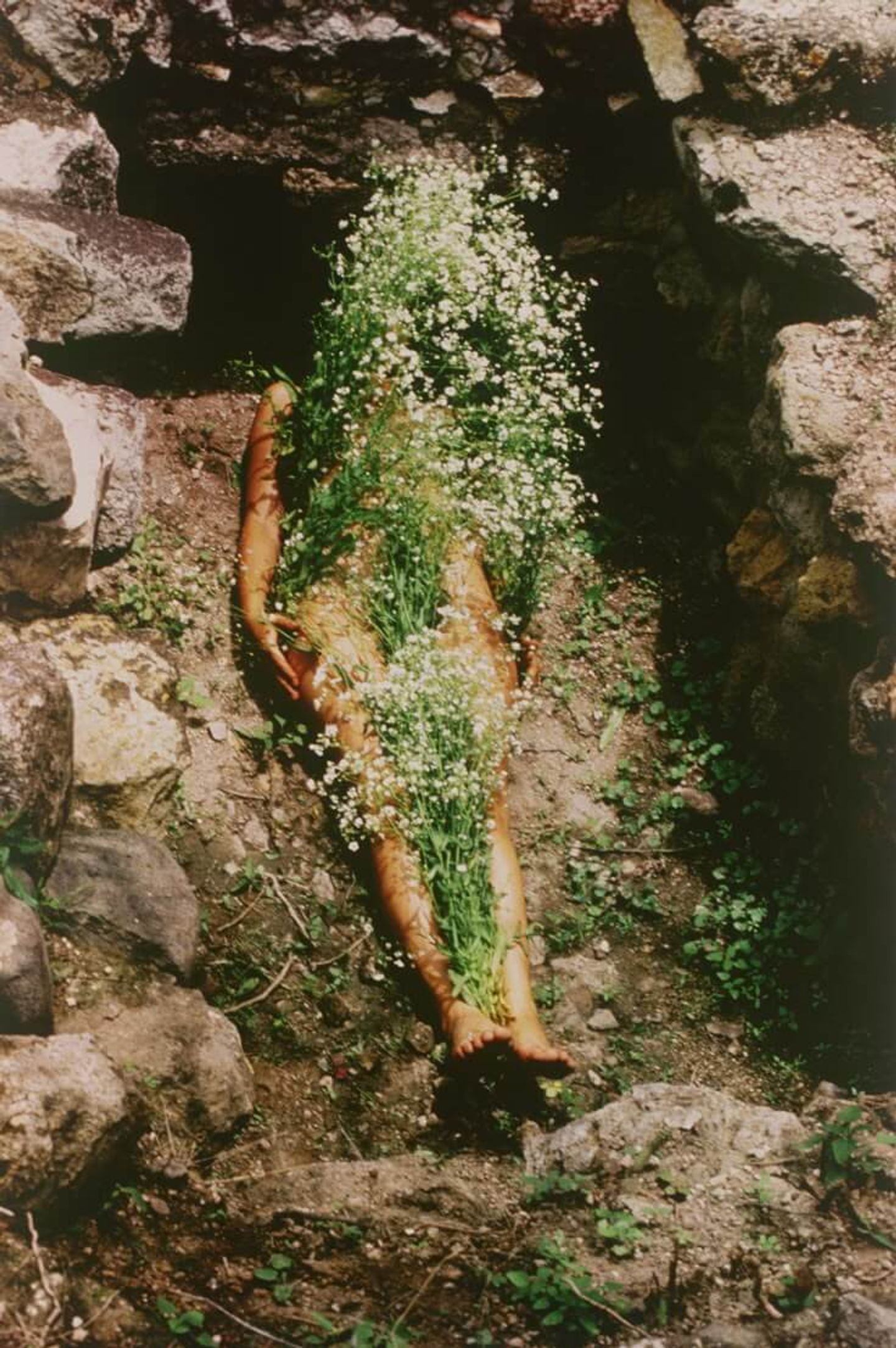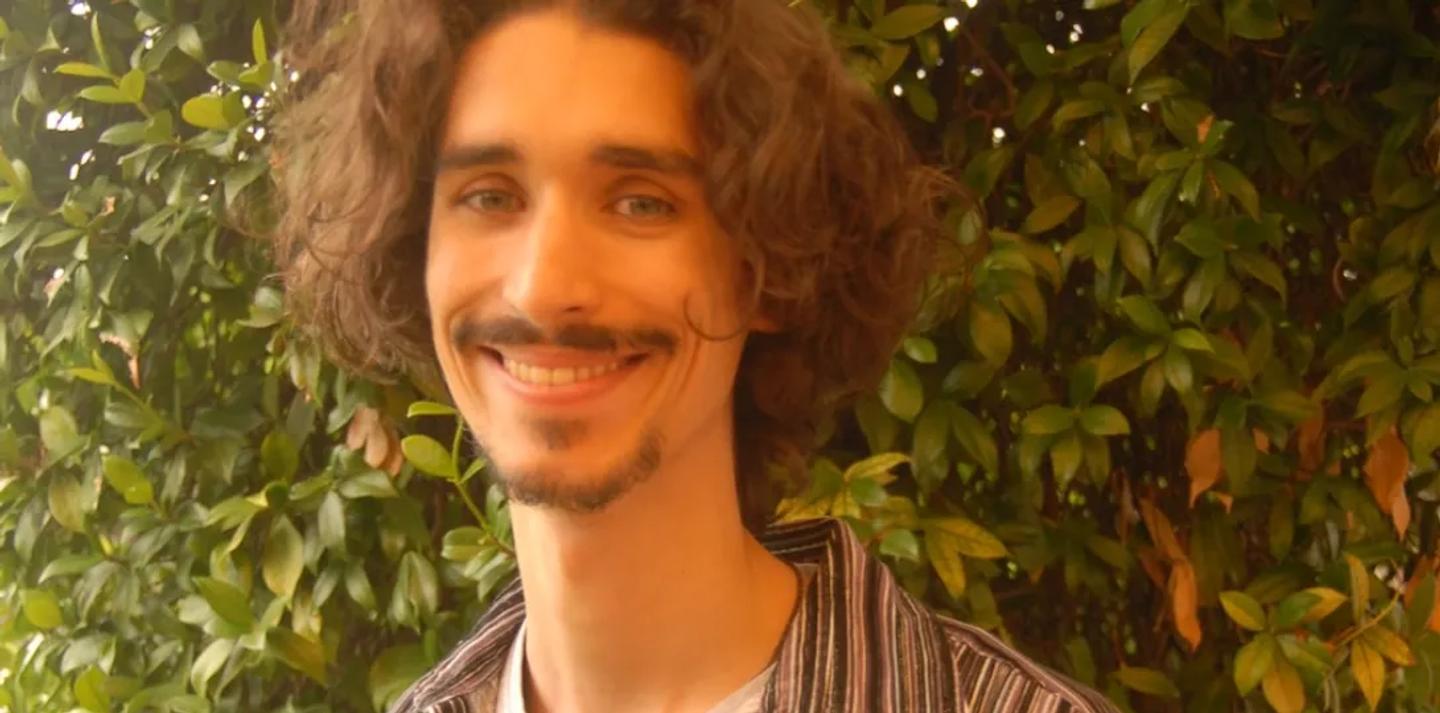

“The context is still colonial.” This powerful statement was made by Luïza Luz, a transdisciplinary artist, educator, and author whose work explores spatial, textual, sonic, and performance-based ecologies. As one of the lecturers in this year's Alternative M.A., Luz challenged us to recognize how colonial heritage remains deeply embedded in our daily lives, shaping our ways of thinking, structured behaviors, and social systems.
What struck me most during the lecture was the urgent call to acknowledge and confront these lingering colonial dynamics. From the Israeli–Palestinian occupation and the Russian-Ukrainian war to the alarming rise of far-right movements and the ominous resurgence of fascism, the echoes of imperialism persist in contemporary global crises. Even discussions about the colonization of Mars reflect the same extractivist mindset that has long driven imperial expansion. As Luz powerfully stated, we should: “Refuse the imperial project.”
The notion of an imperial project is far from new. It reached its peak between the 15th and 18th centuries, a period now recognized in ecological studies as a turning point in the great divide between mind and body – when phenomenological experience was increasingly dismissed in favor of rigid rationality. This historical legacy continues to shape our relationship with the world, reinforcing hierarchies that separate humans from nature, knowledge from experience, and dominant cultures from those they have sought to control. Luz emphasized how this detachment from the body – both our own and others’ – functions as a mechanism of political alienation. When we are disconnected from each other and from parts of ourselves, our collective political agency weakens, making it harder to contest injustices. But together, we are always stronger. We have the power to change, rewrite, and debate global and historical narratives.
Luz posed thought-provoking questions such as “How does academia sustain colonial narratives?” and “What stories reside in our bodies?”, transforming the lecture into a participatory space for discussion. This deeply resonated with me, reminding me of the idea of perception as participation, as David Abram brilliantly reminds us:
Does the human intellect, or “reason”, really spring us free from our inherence in the depths of this wild proliferation of forms? Or on the contrary, is the human intellect rooted in, and secretly borne by, our forgotten contact with the multiple nonhuman shapes that surround us?
This forgotten contact that Abram mentions, needs to be recuperated in our contemporary life, and it refers to the notion that how we see the world is intrinsically linked to how we engage with it, participate in it, and ultimately embody it. Luz’s discussion highlighted these notions, while also being critical of the ways perception can be distorted or manipulated, placing on us the responsibility to remain critically aware.
Practicing embodiment is not just about inhabiting our bodies, it is about taking responsibility for our perception, for how we apprehend the social and natural world, and for how we reflect upon both its virtues and its injustices. But for this to happen, we must cultivate spaces for engagement, dialogue, and reflection; spaces like the one Luz created. In a world increasingly devoid of thoughtful conversations, conscious dialogues, and caring actions, these moments of collective reflection are not just valuable; they are essential. Emancipatory knowledge contributes to an emancipated world.
____
This article is a contribution from one of the participants of The Gramounce Food & Art Alternative MA 2024-25. Their writing is inspired by one of our seminars, or responds to a similar field of interest within food & art.
References

João Pedro Soares is a filmmaker, writer, and researcher currently pursuing a PhD in artistic Studies at NOVA-FCSH in Lisbon. His doctoral research explores the intersection of ecology and contemporary Portuguese documentary cinema.
João is a participant of the 2024-2025 Food & Art Alternative MA (online), currently on a work-exchange with The Gramounce.
